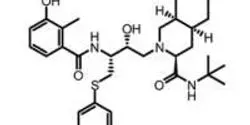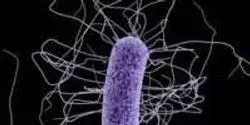Health Science

Problem: Research into gastrointestinal diseases often presents clinicians and researchers with difficulties in terms of collecting samples from patients for analysis. The very nature of the gastrointestinal tract makes it relatively inaccessible for simple, effective sampling. Current processes require the patient to collect samples of stool, have a rectal swab taken or a tissue biopsy during endoscopy. Each of these methods is not without its problems, whether for the patient, the clinician, or the researcher.

With the aid of X-ray crystallography, researchers at the University of Michigan have revealed the structures of two closely related enzymes that play essential roles in the body's ability to metabolize excess lipids, including cholesterol.

According to the public databases, there are currently approximately 1,900 locations in the human genome that produce microRNAs (miRNAs), the small and powerful non-coding molecules that regulate numerous cellular processes by reducing the abundance of their targets. New research published in the Proceedings of the National Academy of Sciences (PNAS) this week adds another roughly 3,400 such locations to that list. Many of the miRNA molecules that are produced from these newly discovered locations are tissue-specific and also human-specific. The finding has big implications for research into how miRNAs drive disease.

A specialist x-ray machine used by Northampton General Hospital for the treatment of skin cancer has been upgraded thank to collaboration with the Open University.

















